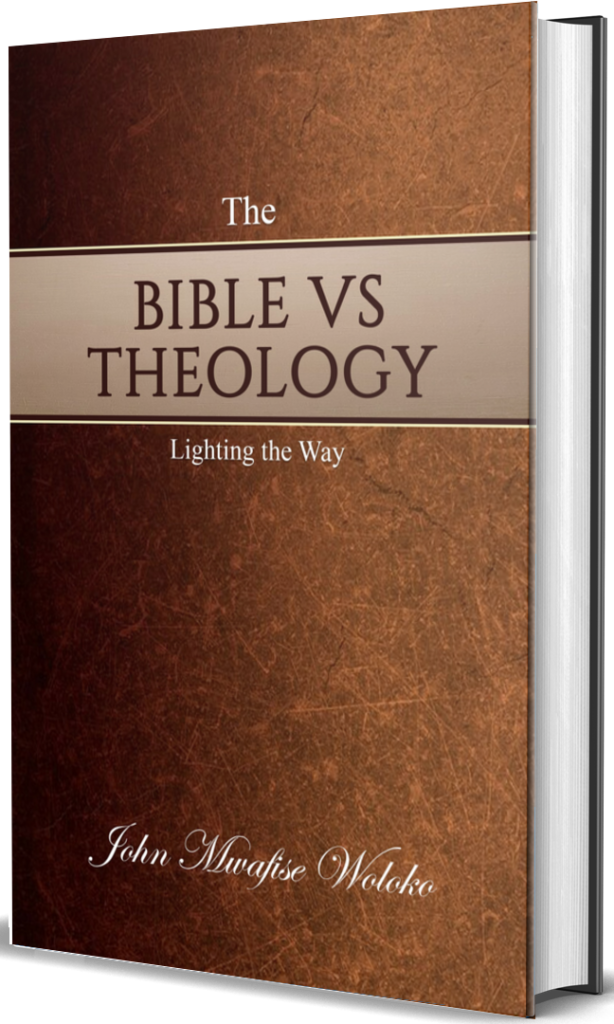How would you describe the Bible? What does theology refer to? Have you ever pondered these questions? Did you know most conflicts within the Body of Christ arise from a lack of understanding the connection between the Bible and theology?
In 2017, I argued with a member of our house fellowship group. He studied theology in a Swiss theological institution at the time. I shared my dissatisfaction with the multiple conflicting theological beliefs present among different Christian denominations and groups. The reason for the lack of consensus among Catholics, Calvinists, Arminians, and other groups on certain sections of the Logos eluded me. It is obvious these movements cannot effectively unite in advancing the Gospel. The house fellowship member said he doesn’t see any problem with that. In fact, he defended these groups and stated that everyone should have their own theology.
I think I understood the point he was trying to make. The crux of his argument was that we must have diversity in the Body of Christ. Being Catholic, Apostolic, Calvinist, Arminian, Preterist, or any other group represents diversity. I had a feeling his grasp of diversity was off because of the conflicting foundational beliefs in these Christian movements. As they strive to construct their individual belief systems, many have established cults, religious groups, and occult movements. However, I could not articulate my thoughts clearly.
The argument left me intrigued, so I embarked on a research journey. The journey has been nothing short of extraordinary. Many of us have an incorrect understanding of diversity. According to 1 Corinthians 12, true diversity does not undermine unity. In fact, God created diversity to enhance unity, not to promote conflicts, misunderstandings, and disputes.
In order to achieve unity, we need consensus on the Logos, yet our individual contexts give rise to different rhemas. Regrettably, there are sharp disagreements among most Christian movements regarding the interpretation of some parts of the Logos. Each of these Christian groups follows their own path. Yet, our collective longing is to move in the same direction. The problem stems from our perception of theology and how we create our theological beliefs. The Holy Spirit cannot endorse conflicting theologies, then expects us to move in one direction, as stated in the Bible. Forget.
It’s about time we acknowledge the reality. We must gain a clearer understanding of how the Bible defines diversity. We should carefully look at the angle from which Paul approaches the divisions in the Body of Christ. The Bible’s content and the theologies we generate have obvious distinctions. Moving in the same direction requires understanding them. Allow me to talk about a few of them on this platform. I would appreciate it if you’d join me on this journey. By God’s grace, let’s reason and put some things in their right places.
Support me in sharing this with others in your own community. Stay updated with more articles like this by subscribing or following me on my platforms (YouTube, Twitter, FB Strong Meat, FB). Stay blessed and see you soon.
